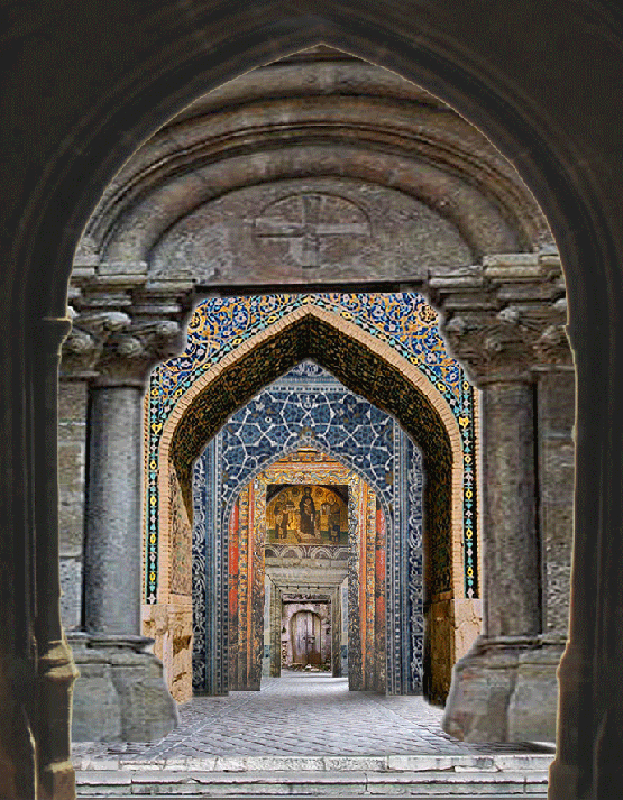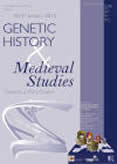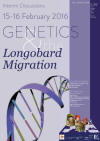cooperations
 |
VISCOM
VISIONS of COMMUNITY - Comparative Approaches to Ethnicity, Region and Empire in Christianity, Islam and Buddhism (400-1600 CE).VISCOM |

Workshop, January 30-31, 2012

Workshop,
February 16-16, 2016
|
Genetic History & Medieval Studies
The swift progress of genetic research has opened up new perspectives for the study of history. In particular, recent technological innovations in deciphering the genome in ancient DNA allow posing new questions about the history of populations, following a line of research laid out by Luca Cavalli-Sforza and others but now at a level of detail impossible even a few years ago. However, and in contrast to the refinement of genetic tools, the methodology of drawing historical conclusions from genetic evidence has as yet hardly been discussed. How do we relate the clusters of genetic similarity to historical human groupings? Can DNA analysis help us to detect migrations, demographic processes, ethnic or territorial groups, or family structures? Critical debate was featured in a themed issue of the open-access journal Medieval Worlds 4 (December 2016), ‘The Genetic Challenge to Medieval History and Archaeology’, edited by Walter Pohl.
On the basis of an initiative at UCLA, an international study group of geneticists, archaeologists, anthropologists and historians from the USA, Italy, Hungary, Germany and Austria has formed in order to conduct an exemplary study of early medieval material. The sixth century AD in Central Europe and Italy has the advantage to offer both extensive archaeological evidence from graves with rich apparel and a considerable body of written texts, which can be confronted with the results of genetic testing, and may help to refine the interdisciplinary methodology. A first study comparing the evidence of one cemetery each in Pannonia and Northern Italy was published in Nature Communications* in September 2018.
|
*Amorim, Carlos Eduardo G., Stefania Vai, Cosimo Posth, Alessandra Modi,
István Koncz, Susanne Hakenbeck, Maria Cristina La Rocca, Balázs Gusztáv
Mende, Dean Bobo, Walter Pohl, Luisella Pejrani Baricco, Elena Bedini,
Paolo Francalacci, Caterina Giostra, Tivadar Vida, Daniel Winger, Uta
von Freeden, Silvia Ghirotto, Martina Lari, Guido Barbujani, Johannes
Krause, David Caramelli, Patrick Geary, and Krishna Veeramah. 2018.
“Understanding 6th-Century Barbarian Social Organization and Migration
through Paleogenomics.” Nature Communications 9: article number 3547.
DOI:
https://doi.org/10.1038/s41467-018-06024-4.
|

|








